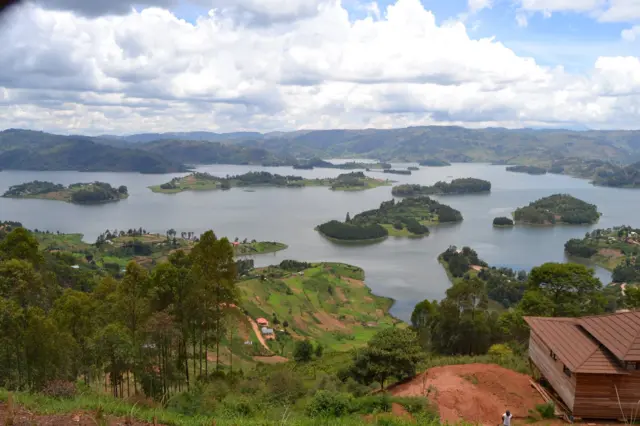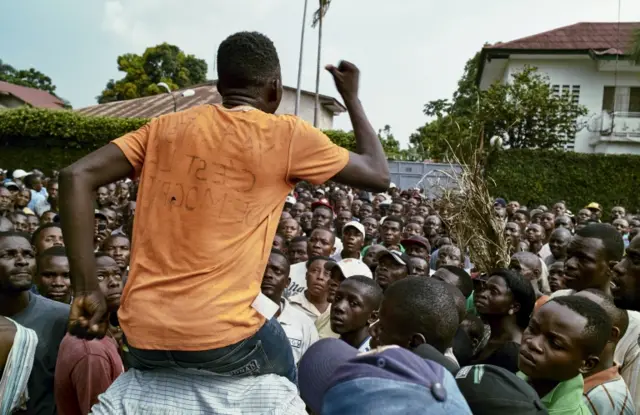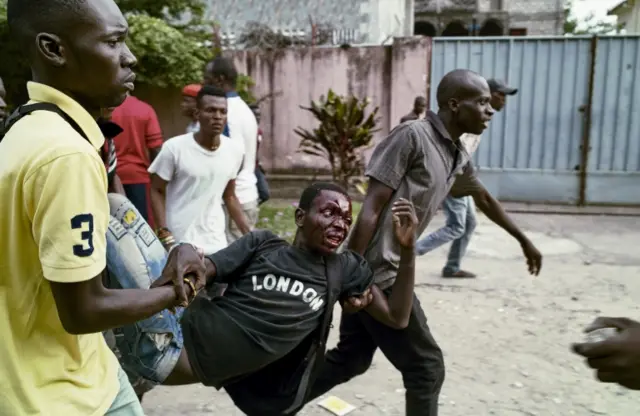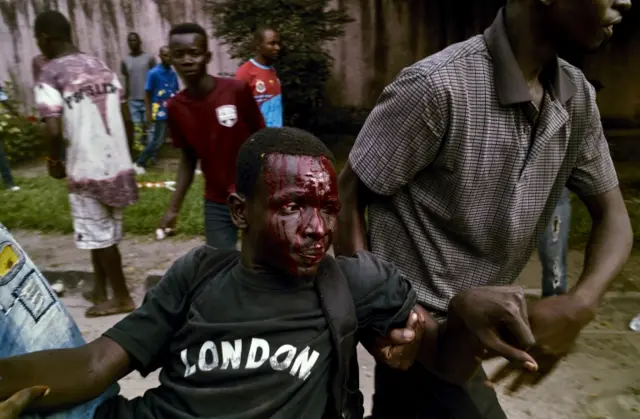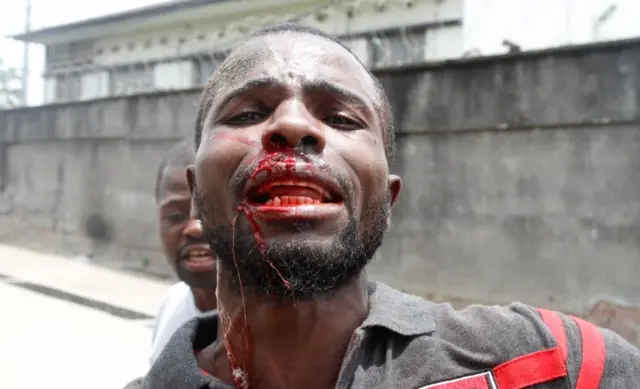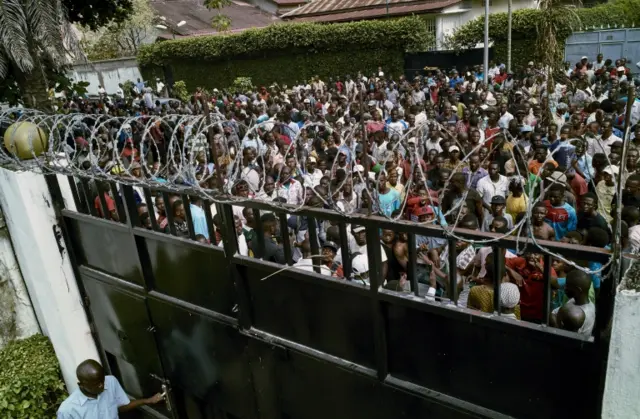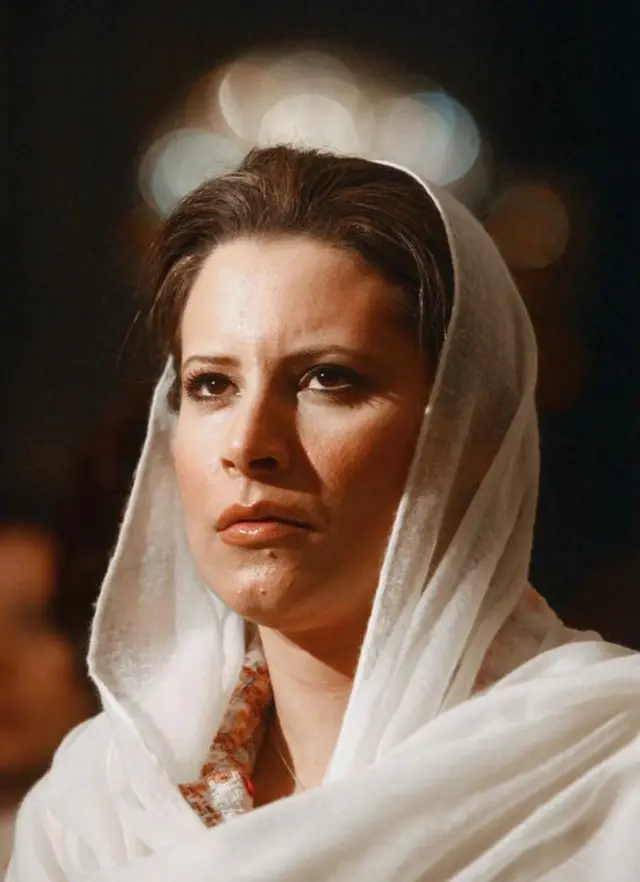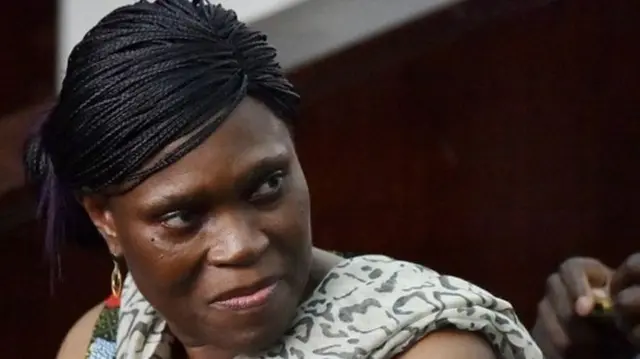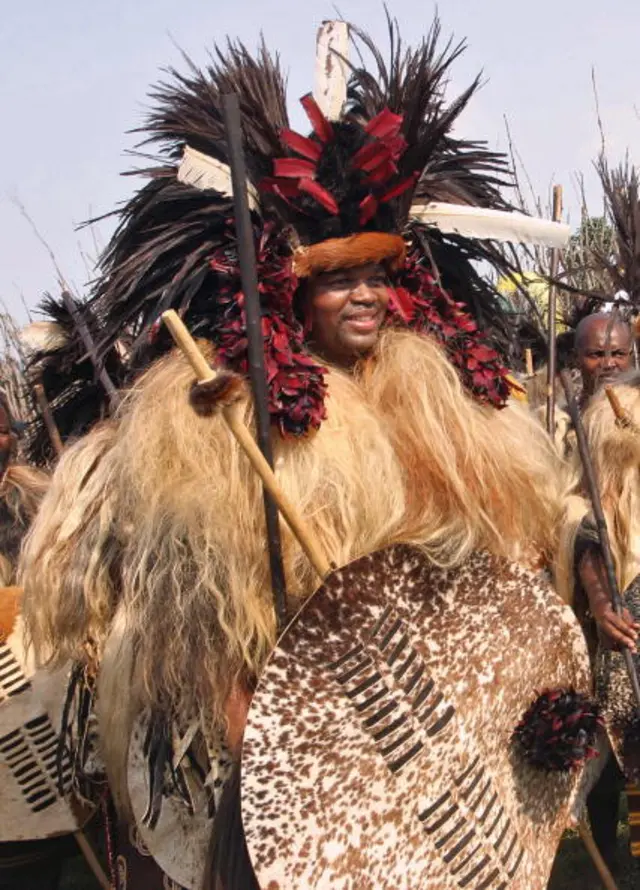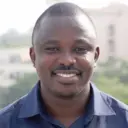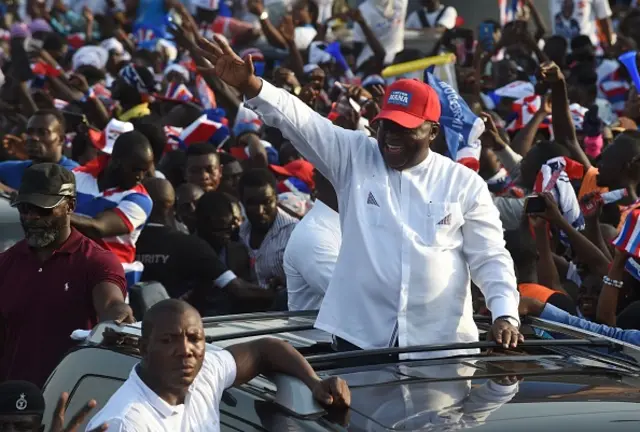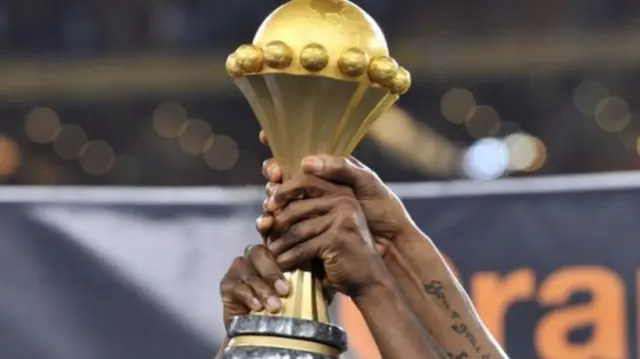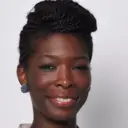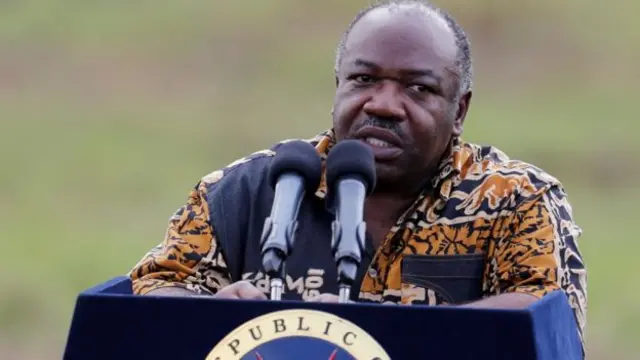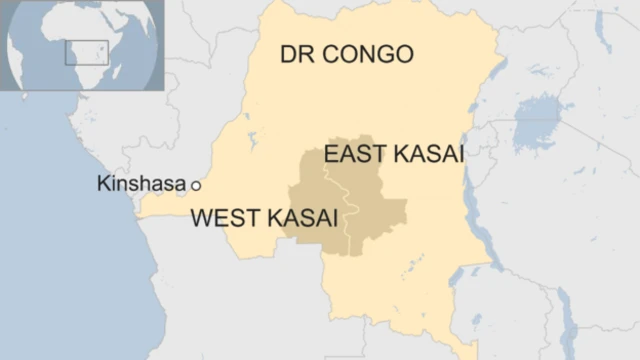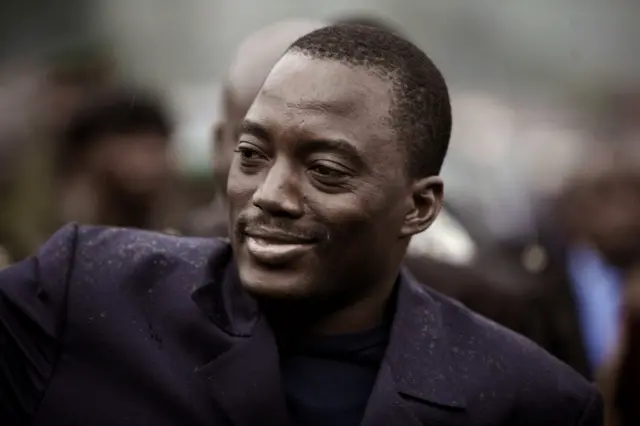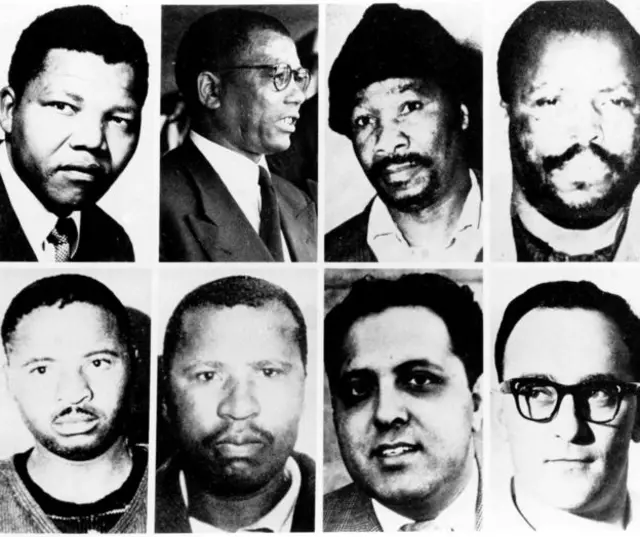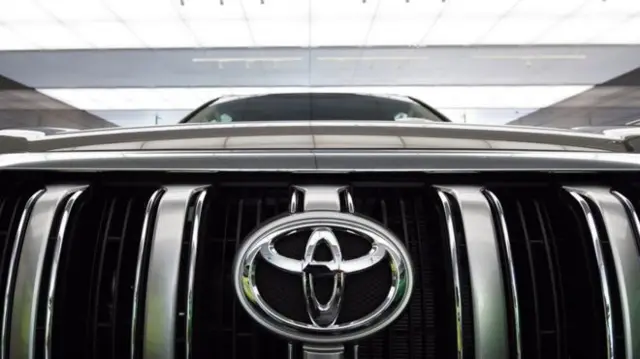Scroll down for Tuesday's storiespublished at 18:06 BST 28 March 2017
We'll be back tomorrow
That's all from the BBC Africa Live page today. Keep up-to-date with what's happening across the continent by listening to the Africa Today podcast or checking the BBC News website .
A reminder of today's wise words:
Quote MessageOnly a fool could attempt to build a door to a forest."
A Hausa proverb sent by Kingsley Nnamani, Nguru, Yobe State, Nigeria
Click here to send us your African proverbs
And we leave you with this photo of the stunning Lake Bunyonyi in south-western Uganda. The BBC's Siraj Kalyango, who took the photo, says it's the second deepest in Africa:
